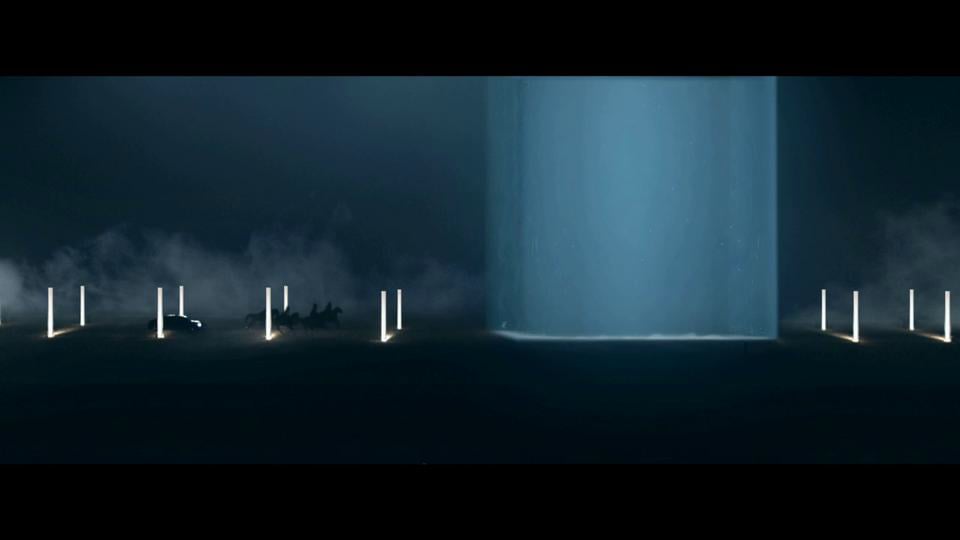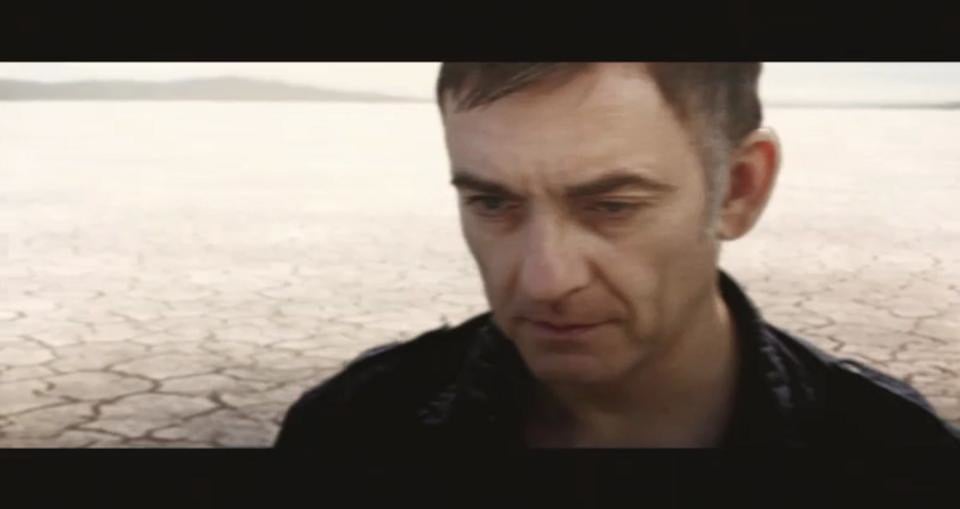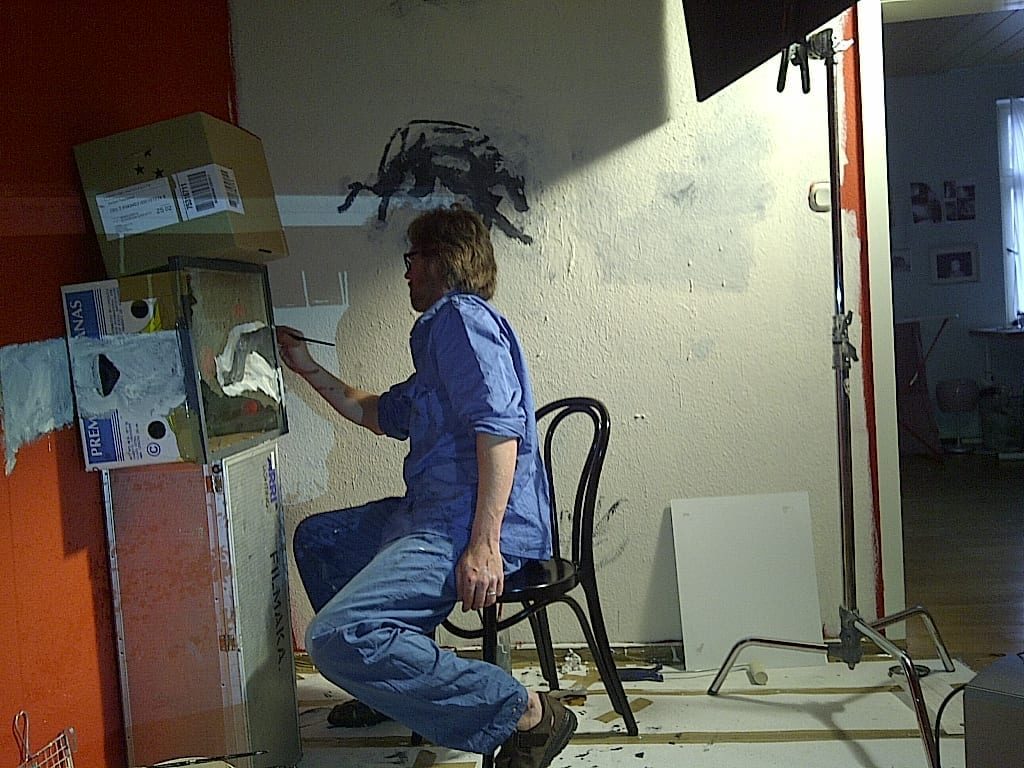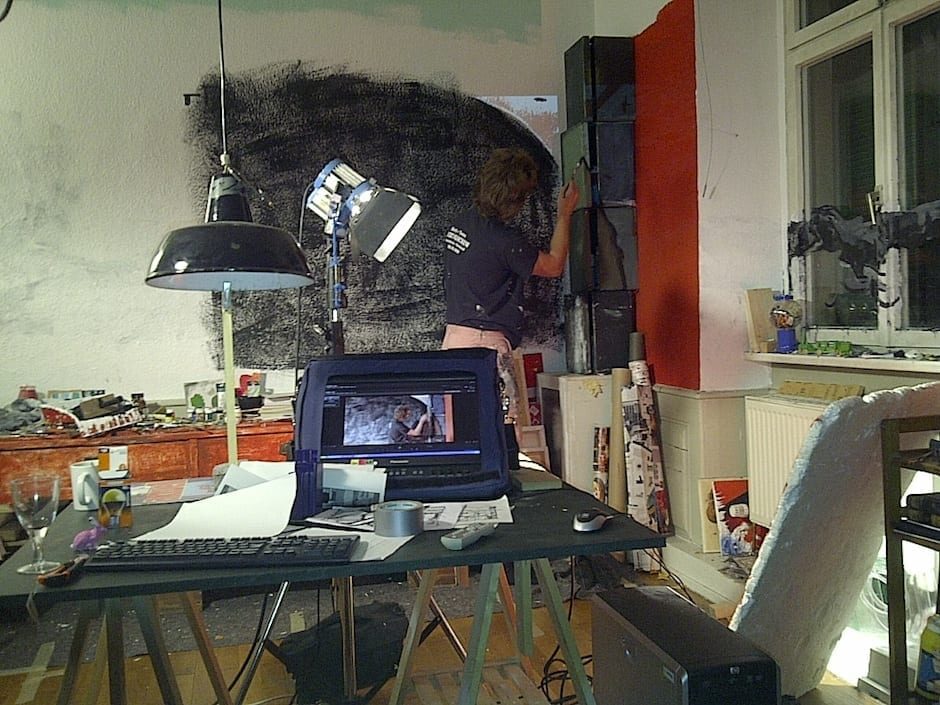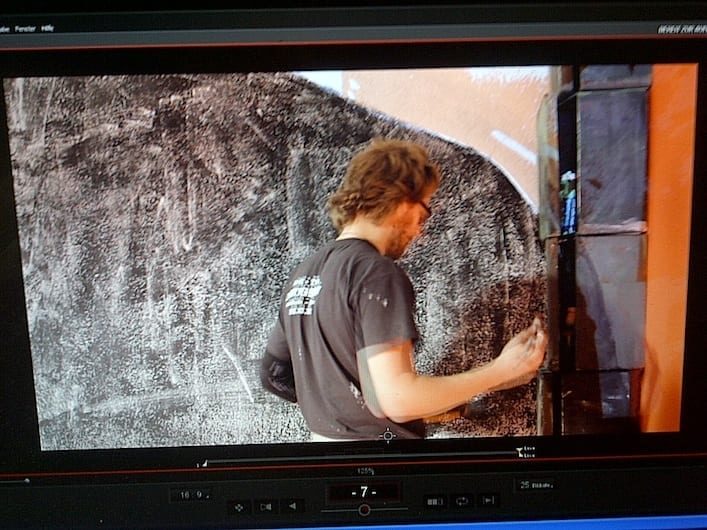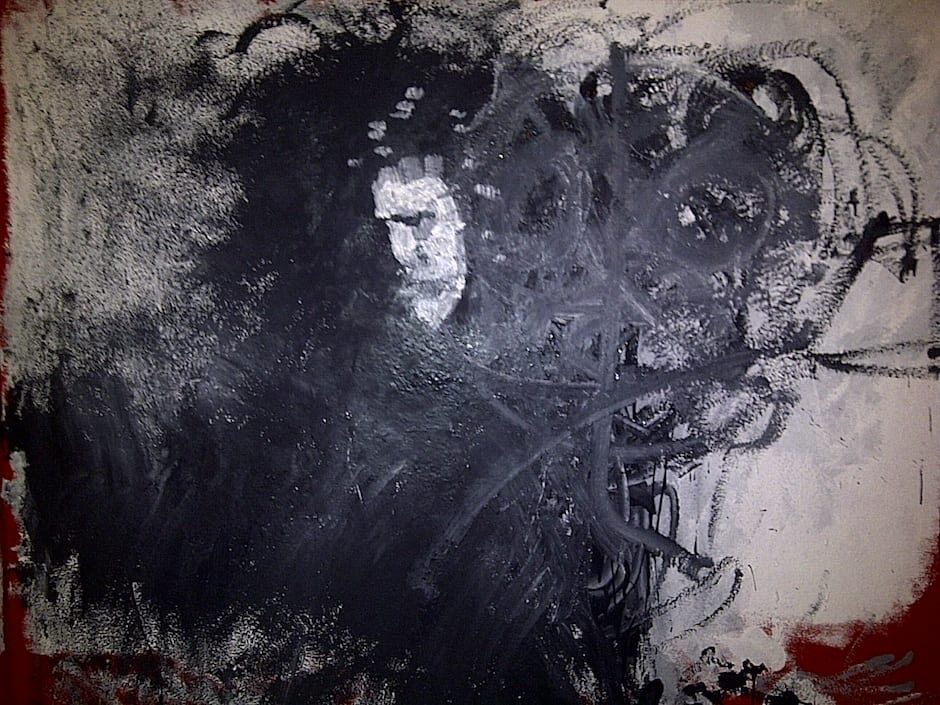Could you tell us please about your studies at the Film Academy Baden-Wuerttemberg and what was your background before attending the Academy?
I’m in my graduate year of studying advertising film directing at the Film Academy Baden-Wuerttemberg and during this last year of our studies we have to realize two movies. Frenki was my first one. The second one is currently in postproduction. Before I came to Germany to study, I was one of the founders of the film club in Mostar, the short film festival in Mostar and also worked for the Sarajevo Film Festival. Besides my festival activity I was shooting music videos, some sort of art films, commercials and some shorts by myself.
When did you first pick up a camera or was drawing more your favourite activity?
Many of my friends studied art and so I have a close connection to art. But my passion is filmmaking ever since I went to a film workshop in Bosnia after the war.
Finally I could explain to my father that why I was watching movies all day was because I wanted to be a film director. In the beginning I think he had a difficult time understanding or accepting it.
We’re intrigued, please tell us about your creative process for Frenki and how the idea to create a live action and animation film came about?
We started with the idea of the character (which was the storyboard artist). It was clear to me that the whole movie had to take place in one room. Then I began to think about the second story, the story in the story.
Between 2000 and 2008 betting became very popular in Bosnia. My friends usually bet on football games, and later also on dog racing. That’s how I came up with the idea of the dog Frenki.
The next step was to go into the room (the set playground) and there I asked myself how could the race look like. Slowly picture by picture it came to my head. After that we locked ourselves for one month in the room and drew over 2600 pictures.
The idea to create a live action and animation film came because I didn’t see that much stopmotion movies which combine those two elements. In the movies I’ve seen, it always bothered me that the character has moved in single frames such as the objects. So I found it interesting to combine the two things but the human character had to move in the real sense.
Did you write the narrative or was it a collaborative process?
I wrote the narrative for Frenki by myself. But I discussed a lot of things in the book with my friend, artist and actor Sven Gossel and of course with my cameraman Dominik Berg. It was a great pleasure to work with them.
What did you find were the most challenging aspects of the production?
Actually the production itself was pretty clear for the set was in a way limited. The most challenging thing for me was after the first day of shooting my mother called and told me my father passed away. I flew to Bosnia on the next day, did the funeral and came back to continue with the project. I really had to hold myself together, and it took great strength to hold the team together. Because all of that this project has been a very special experience for me.
What part of film making do you enjoy the most?
The most beautiful part on filmmaking is when an idea starts slowly to grow in my head, after researching the idea I try to write down the idea on white paper. I always work alone at the beginning but after that, I really enjoy working with my team. The shooting phase is also great because it always creates something new.
Which film / commercial do you wish you had directed and why?
I’m a big fan of Jonathan Glazer. Almost all of his commercials I wished I directed by myself. He always manages to inspire me in a short time, if we speak about his commercials. His work is very round and precise and yet they seem not closed.
In terms of movies it’s a never ending story, here some examples: Paris, Texas by Wim Wenders, Do You Remember Dolly Bell by Emir Kusturica, In the Mood of Love by Wong Kar-Wai, Stranger Than Paradise, by Jim Jarmusch…
What’s the wisest thing anyone has said to you about film making?
If you make a movie make sure it begins to breathe.
What are your hopes for the future?
I hope that I will continue to make movies and don´t lose the strength to stand up for things I like and for that what seems right to me. And of course I would love to find a production company where I can work on new films.
See in Related Content for earlier work from Sandin Puce and production stills

